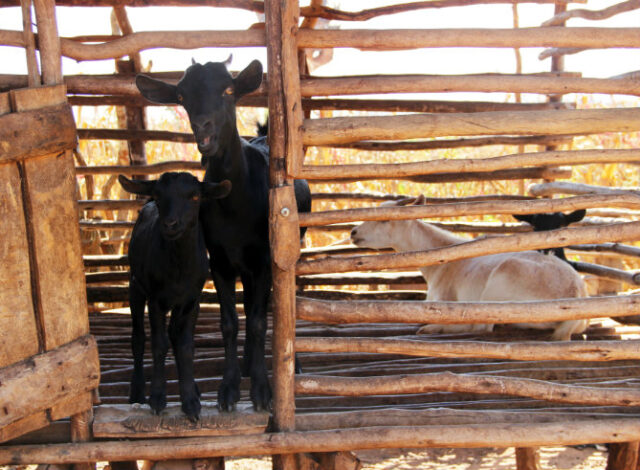Malawi is a stunning and picturesque country of 17 million people, whose warmth and generosity have earned the country its nickname as “the warm heart of Africa.” Yet, despite this, is also one of the world’s poorest countries, with roughly 7 out of 10 people living in extreme poverty and trying to survive on less than $1.25 per day.
Like many of the world’s least developed countries, Malawi’s economy is heavily reliant on agriculture. More than 3/4 of its labour force works in the agriculture sector, mostly as small stakeholder farmers producing just enough to feed their families. Rarely do these farmers have income left over to send children to school, place into savings, or find a way out of poverty and crop failure as the result of flood, drought or disease can be a matter of life and death.
In early 2015, Malawi was devastated by floods on a scale not seen for half a century, which displaced almost a quarter of a million people. Combined with a subsequent drought, the resultant damage to crops led to food shortages in a country where 3.7 million are already undernourished.
Yet there is reason to be hopeful for small farmers in Malawi and other developing countries. In Kasungu District, about a three-hours north of Lilongwe, Malawi’s capital, the Mtika family and several of their neighbours have recently made some noticeable improvements on their small farms, since receiving livestock and training from Heifer International. Heifer offers tailored interventions that help people lift themselves out of poverty. They not only provide families with livestock and animal care, but also help to build village savings and loan groups, and further gender education in more than 30 countries.
The Mtika family has been working with Heifer International for more than four years. Mr. Mtika, who is disabled, has become a lead farmer in his village, providing training to others in the community in order to share his knowledge and experiences.
Through Heifer International, the Mtika family received a goat, which they bred with a Heifer-provided community goat to eventually raise their own small herd.
The Mtikas passed on some of their goats as gifts to neighbouring families, who in turn have done the same, thereby perpetuating a positive cycle of prosperity. The Mtika family also received training on composting, crop diversification, land management, crop storage, efficiency stove usage and gender issues. The government is also dedicating significant resources to agriculture and working to improve how this money is spent.
The results are noticeable. The Mtika farm is clean, organised and filled with the bleats of happy goats. With a warm smile, Mr. Mtika describes the impact that these changes have had on his family: “Our children no longer go to bed hungry, and we are able to feed our family three meals a day instead of two.” The Mtika family has improved its grain storage dramatically, now has a cookstove that burns less wood and produces less smoke, and all four of the Mtika children – two boys and two girls – now attend school. When asked about these accomplishments, Mr. Mtika laughed and pointed to Mrs. Mtika, saying “I couldn’t have done any of this without my wife’s help.
Just a short walk along a dirt path that connects the Mtika farm with the neighbouring farm, Rosie Bamaye lives in a small earthen home with her children. She happily points to the goats that she has successfully raised since receiving them as a gift from the Mtika family, as well as the small handmade oven she learned to make thanks to Heifer’s training. Rosie credits Heifer, and the goats she received from the Mtikas, for setting her on the path from poverty to prosperity. She has since passed goats on to other families, enabling others to share the benefits of the gifts she herself received.
Similar stories are playing out across Malawi and other developing countries, demonstrating that extreme poverty need not be a life sentence. With a little help from one’s neighbours, whether they live on a neighbouring farm or continent, and smart government policies, extreme poverty can be made extinct in the next 15 years.

